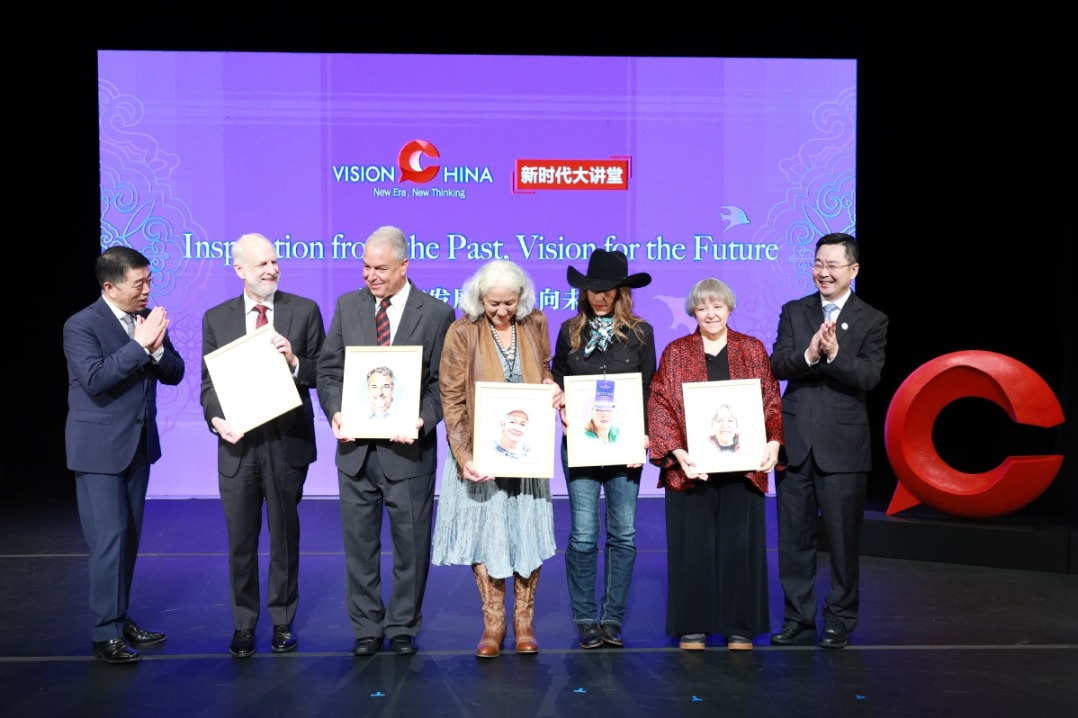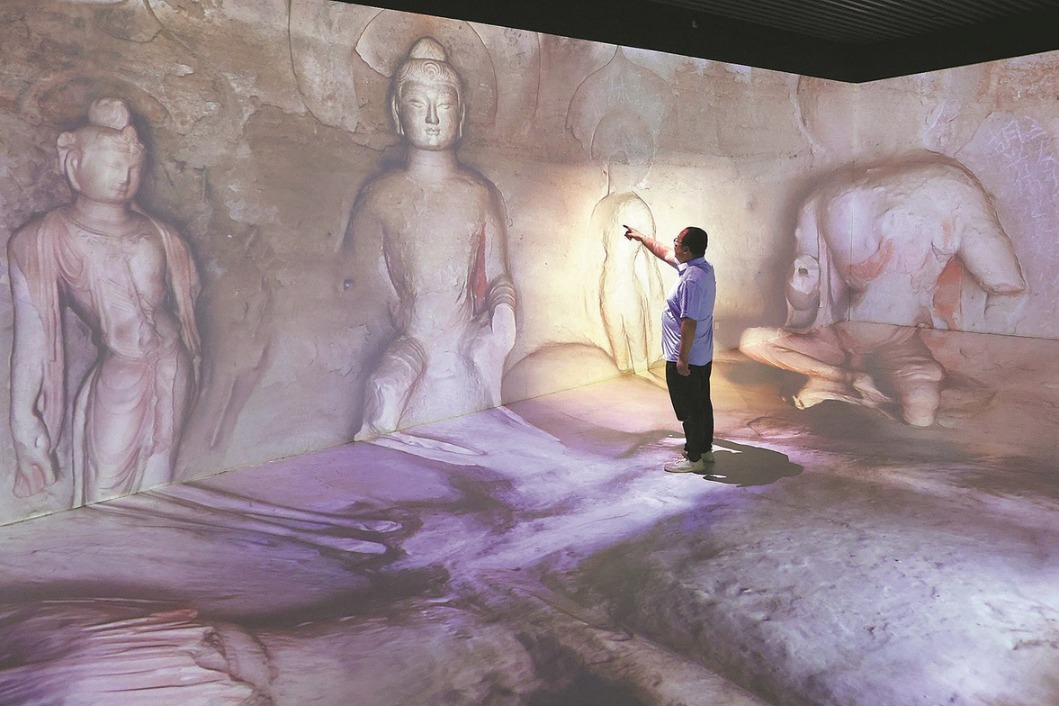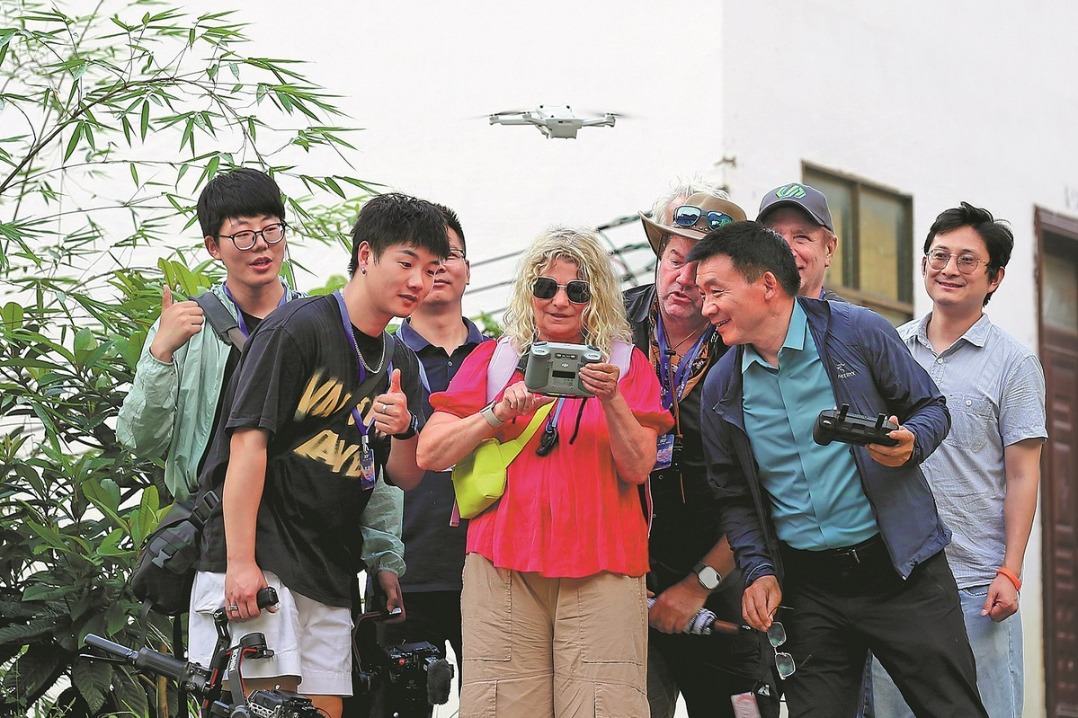Modernizing the land of clouds and mist


Guizhou official attempts to balance conservation and development in a once-isolated Miao community, Chen Meiling and Yang Jun report.
Inside the clouds and mist of upstream areas of the Wujiang River in Bijie, Guizhou province, there is a small village called Huawu whose story offers a microscopic view into countrywide efforts at balancing rural development with ecological conservation.
Huawu is predominantly occupied by the Miao, an ethnic group who have traditionally lived in mountainous areas across South China. In the past, Huawu's villagers, like those of many other communities living on the banks of the Yangtze River and its tributaries, made a living by fishing.
However, overfishing led to water pollution in the 1,037-kilometer river, and it once stank due to neglect of this damage. Xu Lei, 33, Party secretary of Huawu, believed the village's economic model was unsustainable. The young woman, together with other village officials, made bold plans to change this — first, banning fishing; second, building sewage treatment facilities across the village; and third, capitalizing on the village's picturesque landscape and unique culture to develop tourism as a pillar industry.
It was not easy. Like many other isolated mountain communities in Guizhou, Huawu used to be deeply impoverished. Residents' per capita net income was 2,450 yuan ($341) in 2012. Following a 10-year fishing ban on the Yangtze enacted by the central government starting Jan 1,2021, in response to dwindling fish stocks and declining biodiversity, the former fishermen in Huawu had to turn to other professions to make a living.
At first, villagers were worried about their livelihoods and showed strong opposition to the policy, Xu says. To persuade them, she organized meetings every day with villagers to answer their queries. She explained to them that, owing to such beautiful scenery near their houses, developing tourism was a better way to reap wealth.
Some villagers said they didn't have the money to open a bed-and-breakfast, so Xu helped them apply for loans from banks. Some villagers worried they did not have the proper skills, so Xu invited workers from a chef training school and hotels to train them. Some said the village lacked its own characteristics, so Xu worked to renovate its architecture in a Miao ethnic style.
"We need to regard residents' affairs as our own family affairs, and put ourselves into their position, to offer the best solution for them," Xu says.
Now, the village has about 60 bed-and-breakfast venues. Xu also invited local women to build a singing and dancing performance team, and a tour guide team, which has organized 176 excursions this year. Huawu has received over 700,000 tourist visits since 2021, bringing in a total income surpassing 300 million yuan. Per capita net income reached about 19,000 yuan last year.
























